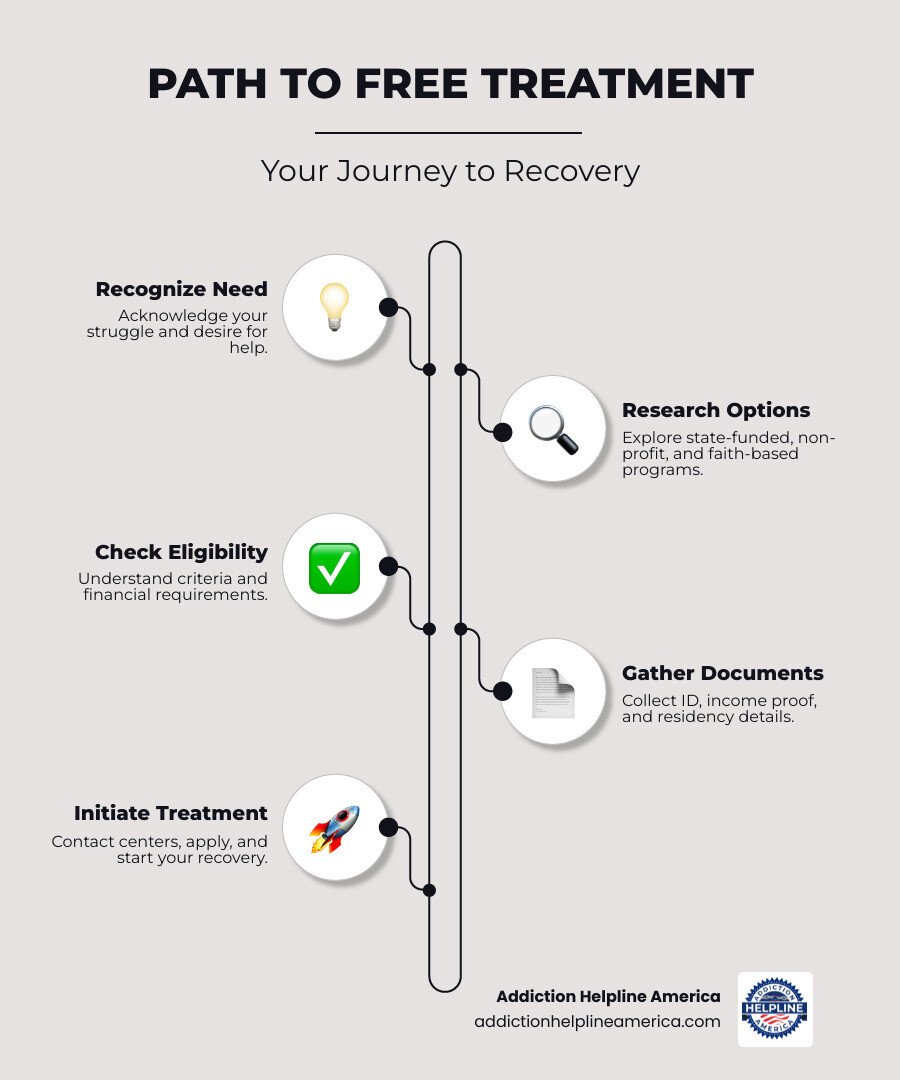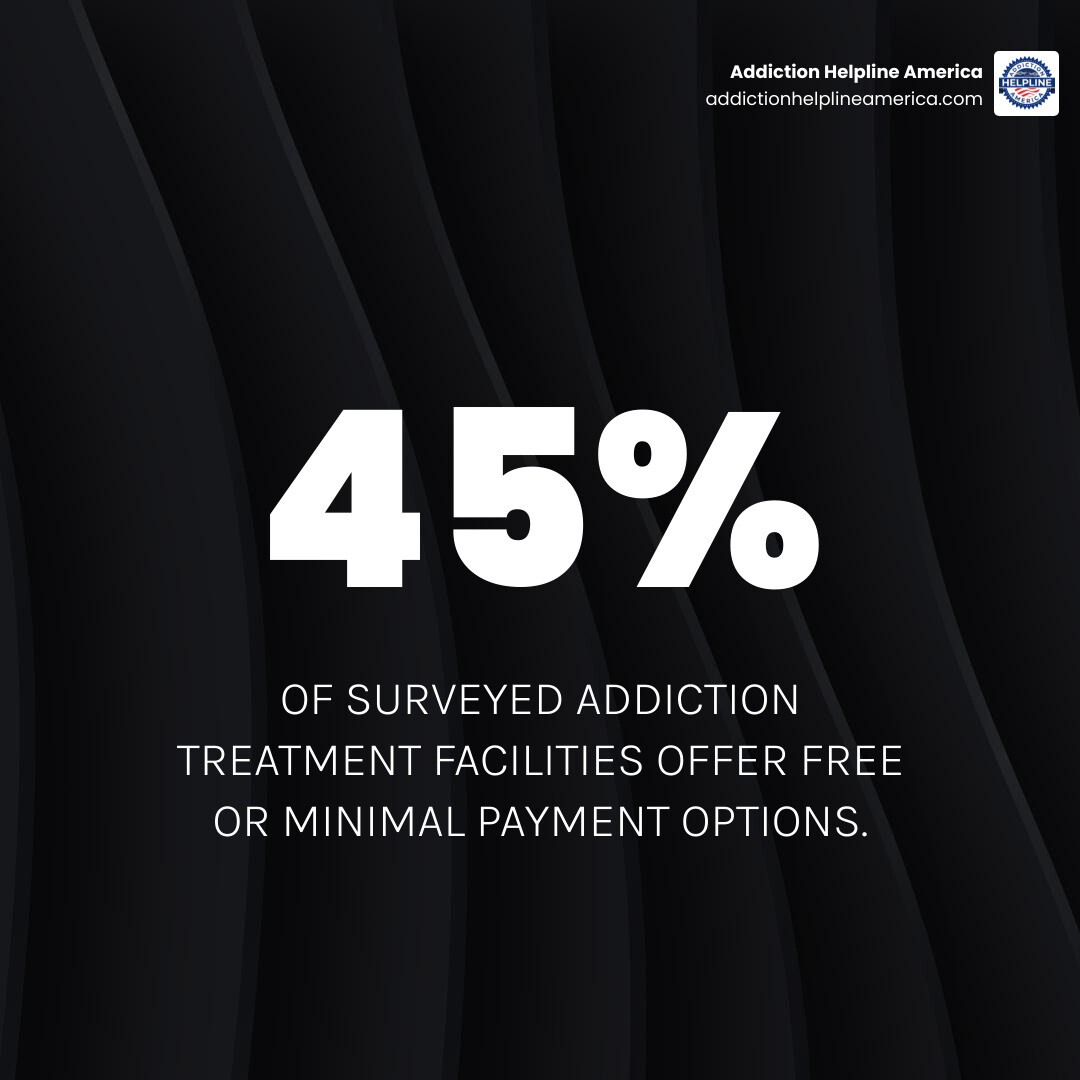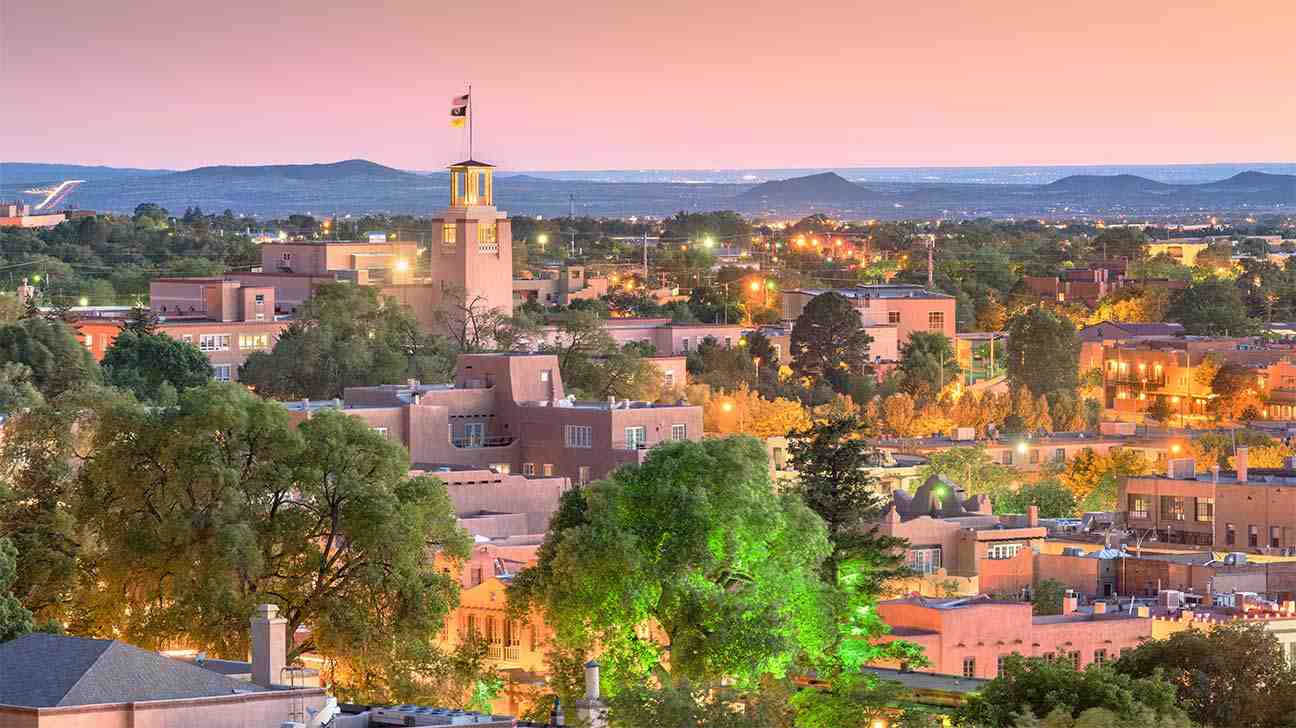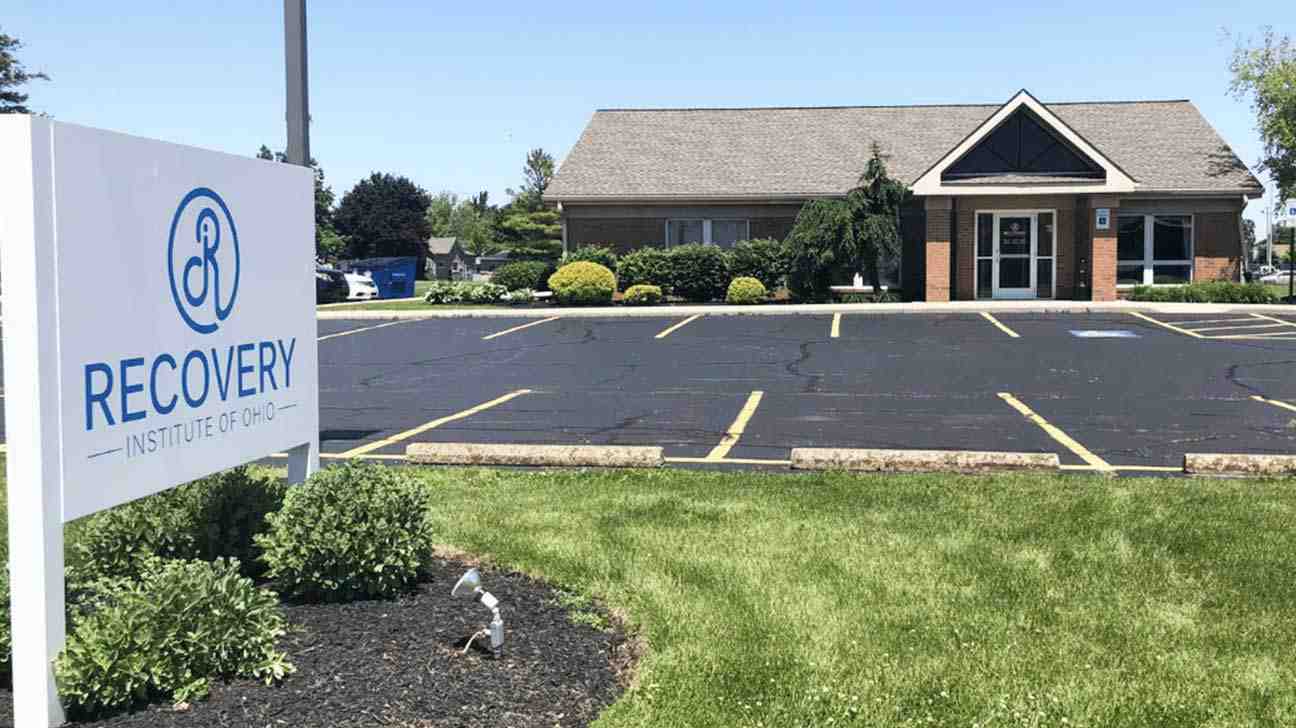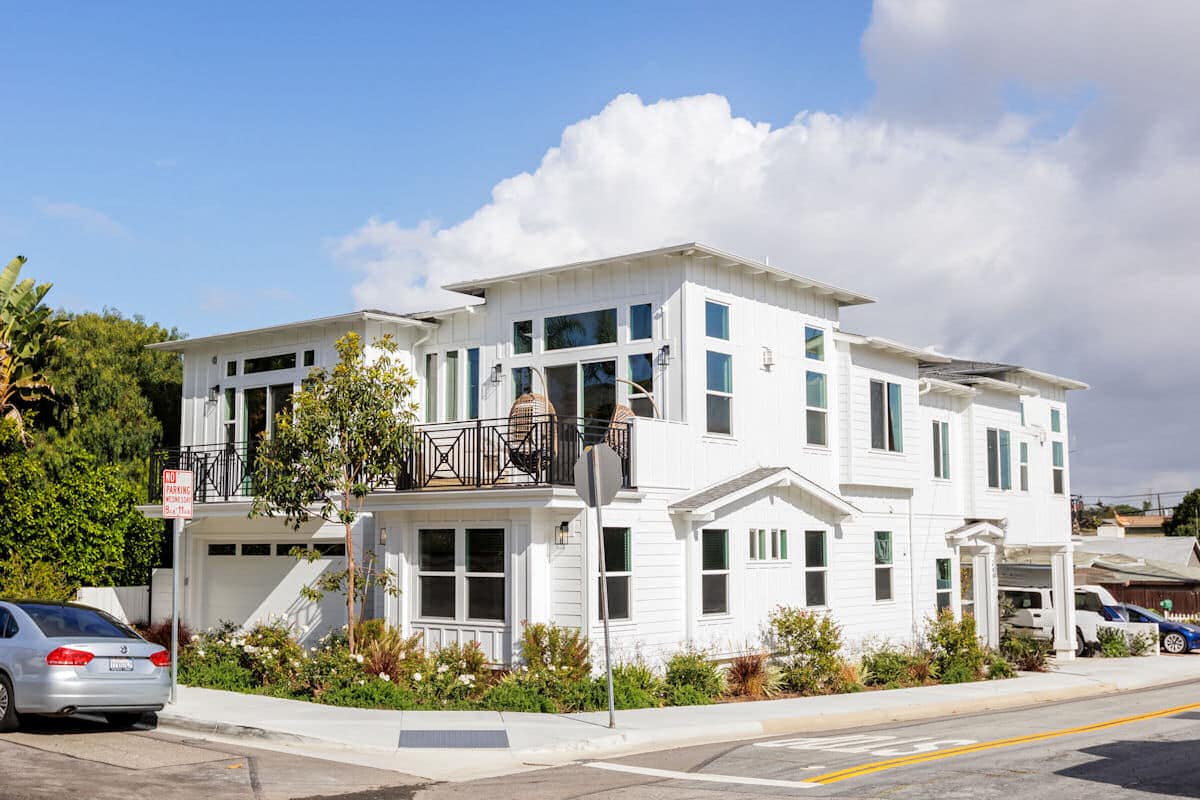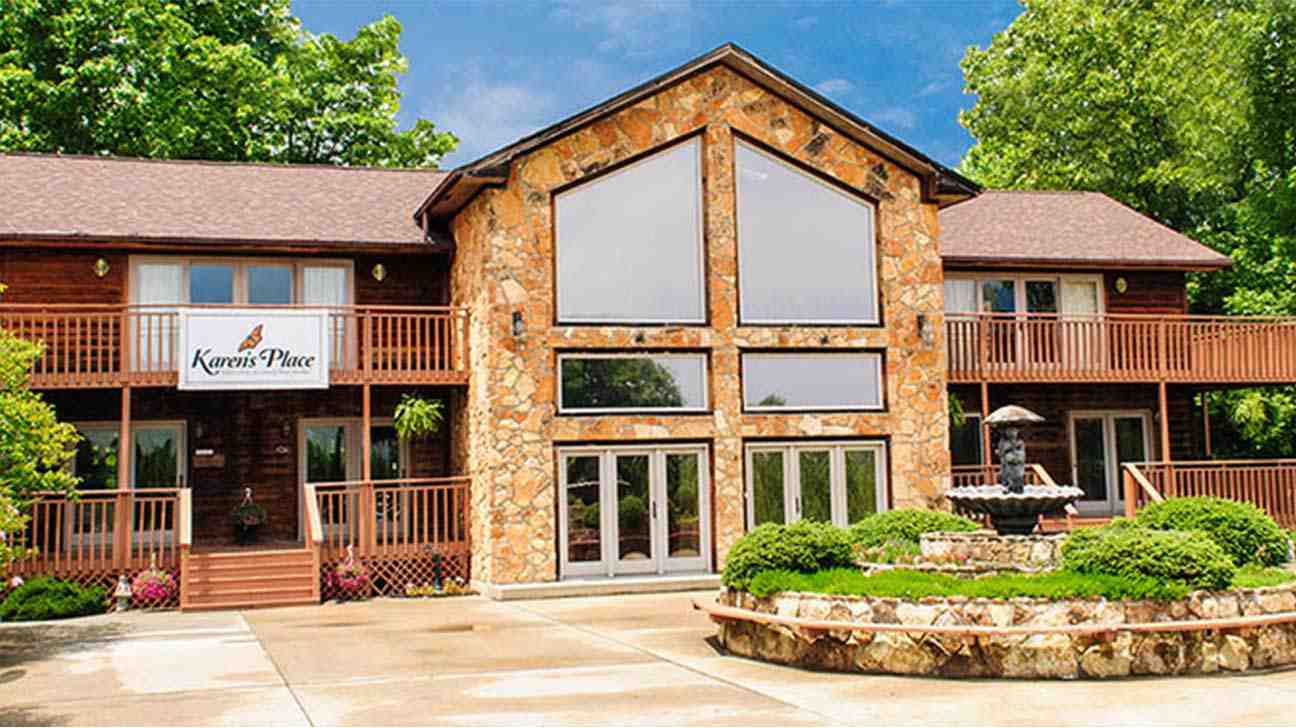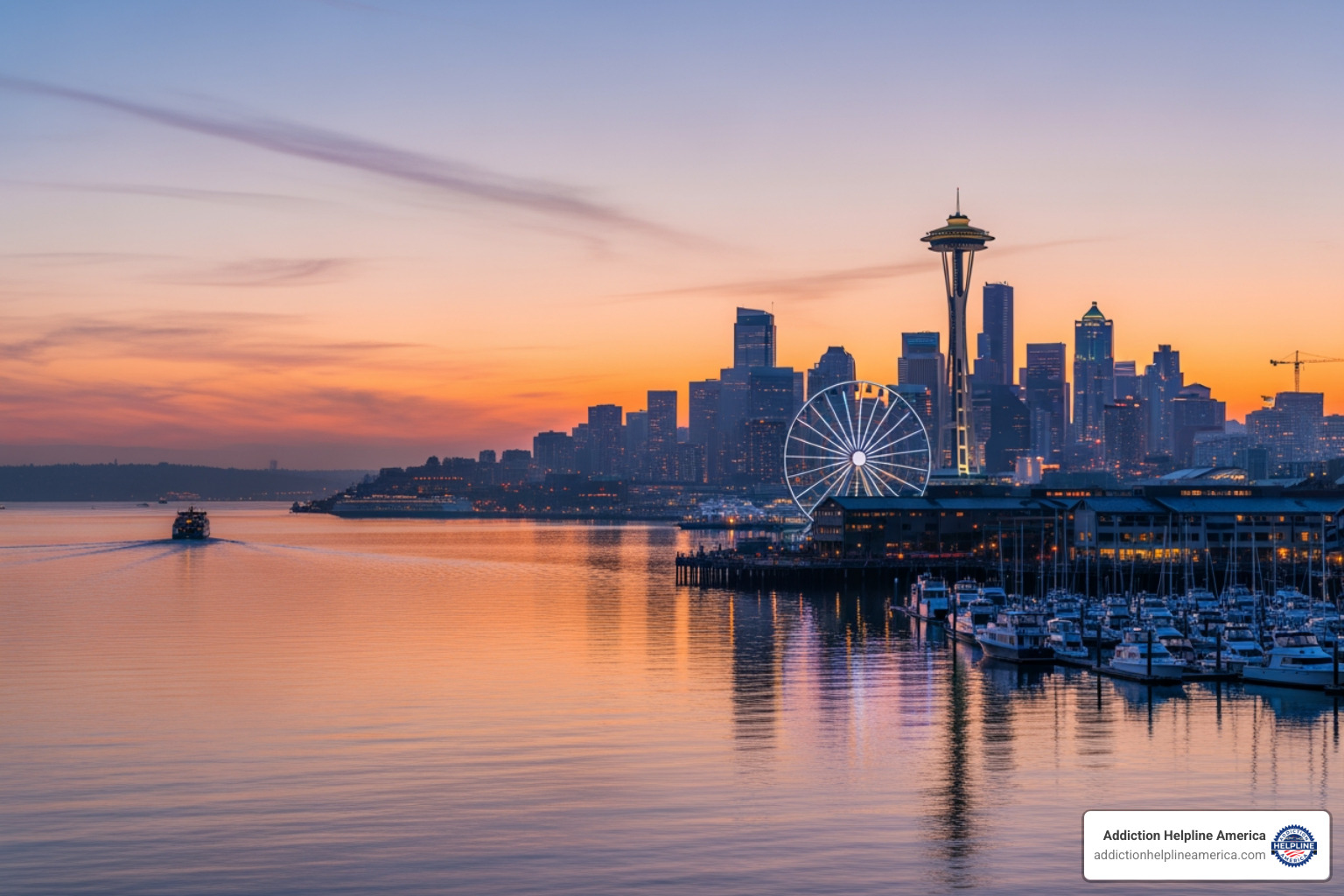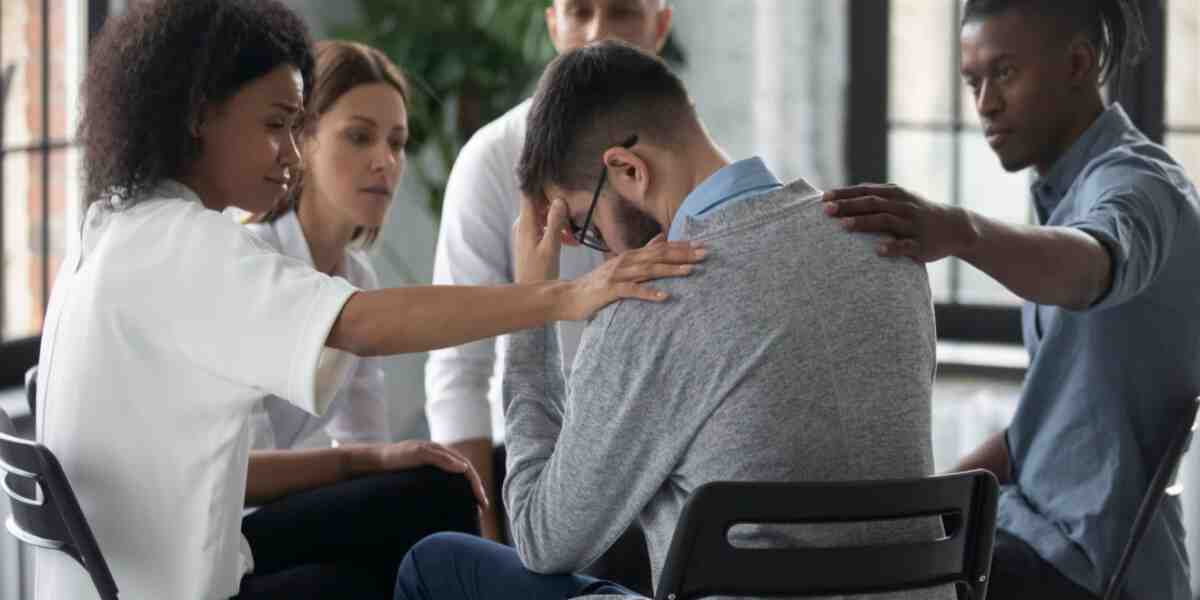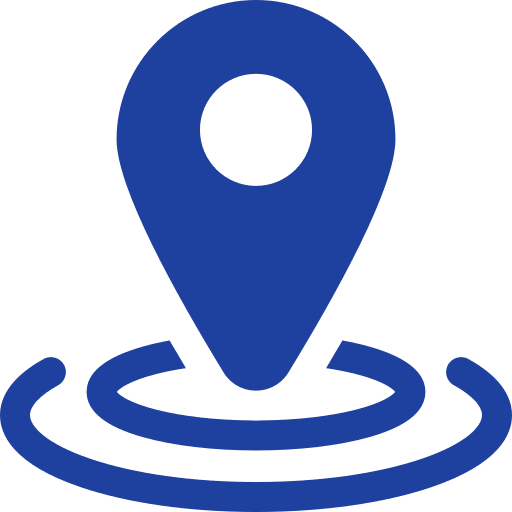
Why Free Drug Treatment Centers Are a Lifeline for Recovery
Searching for free drug treatment centers near me is the first step toward accessing critical recovery services without the burden of cost. If you need help, here’s what you need to know.
Quick Guide to Finding Free Treatment:
- State-Funded Programs: Contact your state’s behavioral health agency or call the SAMHSA National Helpline at 1-800-662-HELP (4357).
- Non-Profit Organizations: Many offer free treatment funded by donations and grants.
- Faith-Based Programs: Churches often provide free recovery programs as part of their ministry.
- Sliding Scale Facilities: 58% of facilities adjust fees based on your income.
- Government Resources: Visit FindTreatment.gov to search for free or low-cost services.
In 2021, 46.3 million Americans struggled with a substance use disorder, and cost is a major barrier to getting help. But there is hope. Research shows that 45% of addiction treatment facilities offer free or minimal payment options for those who cannot afford care.
Recovery shouldn’t depend on your finances. Free and low-cost options for detox, residential, and outpatient care exist in every state. The key is knowing where to look and what documents you need to qualify.
At Addiction Helpline America, we connect individuals with accessible treatment options. We’ve helped thousands find free drug treatment centers near me that fit their needs. This guide will help you steer the process.
Handy free drug treatment centers near me terms:
Understanding Your Free Treatment Options
When facing addiction with limited funds, finding help can feel overwhelming. However, quality free drug treatment centers near me exist in every state. These are not second-rate options; they are comprehensive centers funded by government programs, donations, and community support to ensure finances don’t prevent recovery.
Encouragingly, 45% of addiction treatment facilities offer free or minimal payment treatment, and 58% use a sliding fee scale, adjusting costs based on your income. Many of these centers provide the same evidence-based therapies, medical detox, and counseling found at expensive private facilities. The difference is how they’re funded, not the quality of care.
Government-Funded and State-Funded Programs
Government and state-funded programs are designed to ensure everyone can access addiction treatment. The Substance Abuse Block Grant (SUBG) provides federal funding through SAMHSA to state behavioral health agencies. These agencies then fund local providers, including public mental health centers that offer services at no or low cost.
Each state manages its programs differently. For example, Arizona’s AHCCCS covers detox, inpatient, and outpatient care for eligible residents. To qualify, you generally need to prove state residency, verify your income, and show you lack insurance that covers treatment. These requirements direct resources to those most in need. For more details, see our guide on free drug rehab centers.
The Role of Non-Profit and Faith-Based Organizations
Beyond government aid, a network of non-profit and faith-based organizations fills the gaps. Operating on donations and community goodwill, their mission is helping people, not making a profit.
Some non-profits run their own facilities, offering everything from detox to long-term residential care. Others provide scholarships to help you access private centers. The Salvation Army’s Adult Rehabilitation Centers, for example, typically charge nothing and combine work therapy with spiritual guidance.
Faith-based programs often integrate spiritual principles with evidence-based treatment, such as the 12-Step model. This approach can be powerful for those seeking a holistic recovery of body, mind, and spirit. Many of these programs welcome individuals of all beliefs, offering a values-based environment for healing. Local churches also run smaller, community-focused programs. If you wish to help these efforts, you can support local recovery programs.
Whether through government funding or community compassion, free drug treatment centers near me are accessible and ready to help you start your recovery.
How to Qualify for Free and Low-Cost Rehab
Knowing that help exists is one thing; accessing it is another. The process for qualifying for free and low-cost treatment is more straightforward than you might think. Eligibility is typically based on your financial situation, insurance status, and sometimes specific demographic factors. The goal is to ensure those who need help most can get it.
To apply for free drug treatment centers near me, you’ll usually need to demonstrate financial need and prove you don’t have adequate insurance coverage for addiction treatment.
Some programs give priority to specific groups, such as pregnant women, parents with children, veterans, people who inject drugs, and those involved with the criminal justice system. Federal grants often earmark funds for these populations, as immediate intervention is critical.
Eligibility for Government and State Programs
Government-funded programs have clear guidelines to direct resources effectively. Key requirements usually include:
- U.S. Citizenship or Legal Residency: Most programs can only serve those legally in the country.
- State Residency: You’ll need to prove you live in the state, typically with a driver’s license, utility bill, or lease.
- Income Verification: You must show that your income falls below certain thresholds. Pay stubs, tax returns, or unemployment statements are common forms of proof.
- Lack of Insurance: You’ll likely qualify if you have no health insurance. You may also be eligible if your plan doesn’t cover addiction treatment or has prohibitively high deductibles.
Remember to mention if you belong to a priority population (e.g., pregnant, a veteran) when you apply, as this can speed up your access to care through programs like the Substance Abuse Block Grant (SUBG).
What Information You Need to Apply
Gathering your documents beforehand will streamline the application process. You will generally need:
- Government-issued ID: A driver’s license, state ID, or passport.
- Social Security Information: Your card or at least the number.
- Proof of Income: Recent pay stubs, tax returns, or unemployment statements. If you’re unemployed, a written statement may suffice.
- Insurance Card: If you have one, bring it. The center can help verify any potential benefits.
- List of Current Medications: Include dosages and frequency for your medical assessment.
- Proof of Residency: A recent utility bill or lease agreement.
If you are helping a minor, a legal guardian must be involved and provide their information. Having these documents ready shows you’re serious about getting help and opens the door to life-changing care.
What to Expect from Free Drug Treatment Centers Near Me
Once you qualify for treatment, what does it actually look like? Free drug treatment centers near me offer comprehensive, quality care that is often on par with private facilities. In fact, 45% of surveyed addiction treatment facilities reported offering free or minimal payment treatment.
These programs provide a full spectrum of services for lasting recovery, from safe medical detox to counseling that addresses the root causes of addiction. They are staffed by licensed professionals who follow evidence-based practices.
Program duration varies based on individual needs, ranging from a 30-day intensive program to several months of care. The goal is to provide the time and tools you need to heal properly.
Inpatient vs. Outpatient Treatment
Choosing between inpatient and outpatient care is a key decision.
- Inpatient (Residential) Treatment: You live at the facility for 30-90 days or more, receiving 24/7 medical care in a structured, trigger-free environment. This immersive approach is ideal for severe addiction or if your home environment is not supportive of recovery.
- Outpatient Treatment: You live at home and attend treatment sessions during the day or evening. This flexible option works well if you have work or family responsibilities and a less severe addiction.
- Partial Hospitalization Programs (PHP): A middle ground, these programs involve intensive daily treatment at a facility (often 5-7 hours) while you return home at night.
The right choice depends on addiction severity, co-occurring mental health conditions, and your support system.
Services and Program Duration
Free and low-cost programs offer a wide range of services to support whole-person healing:
- Medical Detoxification: Safe, supervised management of withdrawal symptoms, often with medication to ease discomfort.
- Individual Therapy: One-on-one sessions with a counselor to explore the roots of addiction, identify triggers, and develop coping strategies.
- Group Counseling: Sharing experiences and learning from peers in a supportive environment, which helps combat the isolation of addiction.
- Family Therapy: Sessions to repair relationships and teach loved ones how to support your recovery.
- Relapse Prevention Training: Learning to recognize warning signs and develop a concrete plan to handle cravings and high-risk situations.
- Life Skills Training: Practical education on budgeting, job searching, communication, and time management.
- Medication-Assisted Treatment (MAT): For opioid or alcohol addiction, this combines FDA-approved medications with counseling to reduce cravings and overdose risk.
- Aftercare Planning: Connecting you with ongoing support like sober living homes, 12-Step meetings, and alumni groups.
Program length is custom to your needs. Short-term programs may last 30 days, while long-term options can extend to six months or more, like The Salvation Army’s 180-day work-therapy programs. The focus is on providing enough time for lasting change.
Finding and Verifying Reputable Free Rehab Centers
Finding the right treatment center is a critical step, but you don’t have to do it alone. When searching for free drug treatment centers near me, you want a facility that is legitimate, accredited, and committed to your recovery. This means knowing where to look and what to ask.
To ensure quality, look for facilities accredited by organizations like CARF (Commission on Accreditation of Rehabilitation Facilities) or The Joint Commission. These accreditations signify that a center meets high standards for safety and care. You can also check with your state’s substance abuse agency for a list of licensed providers. A reputable center will be transparent about its licensure and staff credentials.
How to find free drug treatment centers near me
Addiction Helpline America’s mission is to connect you with the right resources. You can start by exploring our Addiction Helpline America’s Find Treatment page.
Other powerful tools include:
- SAMHSA National Helpline: Call 1-800-662-HELP (4357) for 24/7 confidential referrals to free or low-cost options.
- FindTreatment.gov: A government resource to search for facilities by zip code.
- State Behavioral Health Agency Websites: These sites list state-funded and approved providers, often with search filters for cost and services. Our guide on Free Drug Rehab Centers in Tulsa, Oklahoma is an example of what’s available locally.
- Local Resources: Community health centers, local health departments, and faith-based groups can also provide referrals.
Specialized Programs and Immediate Crisis Support
Many free centers offer specialized programs for specific needs:
- Women-focused programs may provide child care, housing support, and career training.
- Veterans programs are available through the VA healthcare system and its Community Care Program.
- Adolescent treatment programs use age-appropriate therapies for teenagers.
- LGBTQ+ friendly rehab centers offer affirming and inclusive care.
If you are in immediate crisis, help is available now. The 988 Suicide & Crisis Lifeline offers 24/7 support by calling or texting 988. For life-threatening emergencies, always call 911. The SAMHSA National Helpline at 1-800-662-HELP (4357) also provides immediate support and referrals.
Addiction Helpline America is also here to provide confidential guidance. Reach out to us anytime at our main site.
Alternatives and Financial Assistance for Treatment
Even if a program isn’t completely free, there are many ways to make treatment affordable. From flexible payment options to insurance coverage, solutions exist that can work for your financial situation.
Using Insurance and Sliding Scale Fees
The Affordable Care Act (ACA) made addiction and mental health services essential health benefits. This means most Marketplace, individual, and small group health insurance plans must cover treatment.
- Private Insurance: Check your plan, as it likely covers a substantial portion of treatment costs.
- Medicaid: This state and federal program for low-income individuals often pays for rehab at participating centers. Eligibility varies by state.
- Medicare: This program provides coverage for addiction treatment for those 65 and older or with certain disabilities.
Beyond insurance, many facilities offer financial assistance:
- Sliding Fee Scale:58% of facilities adjust costs based on your income. If you earn less, you pay less.
- Payment Plans: Many centers allow you to pay the total cost in smaller, manageable monthly installments.
- Scholarships or Grants: Some non-profits and facilities offer financial aid. It never hurts to ask.
- Telehealth/Online Rehab: Remote counseling and support often cost significantly less than in-person treatment.
Can I Use VA Benefits to Pay for Rehab?
Yes, veterans, active military, and their families have dedicated resources. You can use VA benefits to pay for rehab. The U.S. Department of Veterans Affairs (VA) provides comprehensive healthcare, including substance use disorder treatment, for eligible individuals.
The VA offers treatment directly through its facilities and, in some cases, through the VA’s Community Care Program, which allows you to access approved private providers. To get started, you typically need to enroll in VA healthcare. A VA provider will then assess your needs and recommend treatment options.
We encourage all eligible veterans to explore these benefits. To learn more, please visit our dedicated page: Learn more about veterans’ benefits.
Frequently Asked Questions about Free Addiction Treatment
Searching for free drug treatment centers near me can bring up many questions. Here are clear, straightforward answers to some common concerns.
Are there specific free rehab options for certain populations?
Yes. Many programs are custom to the unique challenges of different groups:
- Pregnant Women and Women with Children: These individuals are often prioritized for treatment through grants like the Substance Abuse Block Grant (SUBG). Some facilities even allow women to bring their children with them.
- Veterans: The VA healthcare system provides extensive, specialized addiction treatment services.
- Adolescents: Programs exist that use age-appropriate therapies and provide educational support for youth aged 13-17.
- LGBTQ+ Individuals: Affirming, culturally competent care is available from organizations that offer services on a pro bono or sliding scale basis.
- Native Americans: Tribal health services and organizations like the Indian Health Service offer culturally integrated treatment that honors tradition.
These specialized programs aim to provide more effective and supportive care by addressing specific needs and contexts.
How can I verify the legitimacy and quality of a free rehab center?
Ensuring you receive quality care is crucial. Here’s how to verify a center’s legitimacy:
- State Licensure: All legitimate facilities must be licensed by their state. You can usually verify this on the state’s department of health website.
- Accreditation: Look for credentials from independent bodies like The Joint Commission or CARF (Commission on Accreditation of Rehabilitation Facilities). This indicates high standards of care.
- Staff Credentials: The clinical team should include licensed or certified doctors, therapists, and counselors. A quality center will be transparent about this.
- Reviews and Testimonials: Look for patterns in online reviews, but don’t rely on them alone.
- Treatment Methods: Reputable centers use evidence-based practices like Cognitive Behavioral Therapy (CBT), Dialectical Behavior Therapy (DBT), and Medication-Assisted Treatment (MAT).
- Visit the Facility: If possible, a visit can give you a feel for the environment and staff.
Asking questions and expecting transparency is key. A reputable center will welcome your inquiries.
What resources are available for immediate crisis support if I need help urgently?
If you or someone you know is in crisis, help is available 24/7.
- For any life-threatening emergency, call 911. This includes overdose, thoughts of self-harm, or immediate danger.
- The 988 Suicide & Crisis Lifeline provides free, confidential support. Call or text 988 anytime to connect with a trained crisis counselor.
- SAMHSA’s National Helpline at 1-800-662-HELP (4357) offers 24/7 treatment referrals and information, connecting you to local resources.
Crisis doesn’t wait, and neither does help. Reaching out is a sign of strength.
Conclusion
Taking the time to read this guide is an important step toward recovery. The journey ahead has challenges, but remember this: recovery is within reach, and cost should not be a barrier to the help you need.
We’ve shown the many pathways to accessing free drug treatment centers near me, from government-funded programs and non-profits to faith-based initiatives. With 45% of facilities offering free or minimal payment options and 58% providing sliding scale fees, real opportunities for healing exist.
Whether you qualify for state-funded rehab, can use insurance like Medicaid, or connect with a charitable organization, resources are available. The key is knowing where to look and having support to steer the process.
At Addiction Helpline America, we are dedicated to connecting you with treatment, regardless of your financial situation. We understand that taking the first step is overwhelming. Our team provides free, confidential, and personalized guidance to help you find the right program from our trusted network.
We walk alongside you, answering questions and helping you connect with centers that match your specific needs. Your life has value, and everyone deserves the chance to heal.
Don’t let another day pass in struggle. Your new beginning could be a phone call away. Reach out to us, or start exploring your options now. If you’re in Colorado, you can begin here: Find a rehab center in Colorado. We are ready to help you take that courageous first step.
Our helpline is 100%
free & confidential
If you or someone you care about is struggling with drug or alcohol addiction, we can help you explore your recovery options. Don’t face this challenge alone—seek support from us.
Programs
Resources
Will my insurance
cover addiction
treatment?
We're ready to help
Find the best
drug or alcohol treatment
center
Are you or a loved one struggling with addiction? Call today to speak to a treatment expert.

